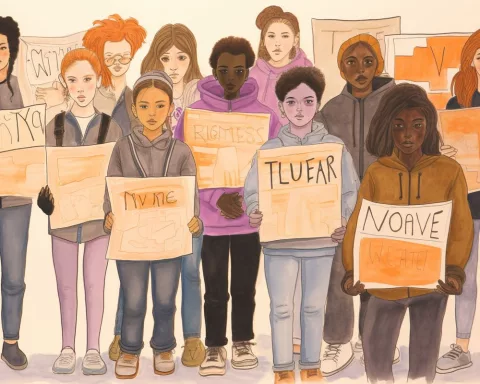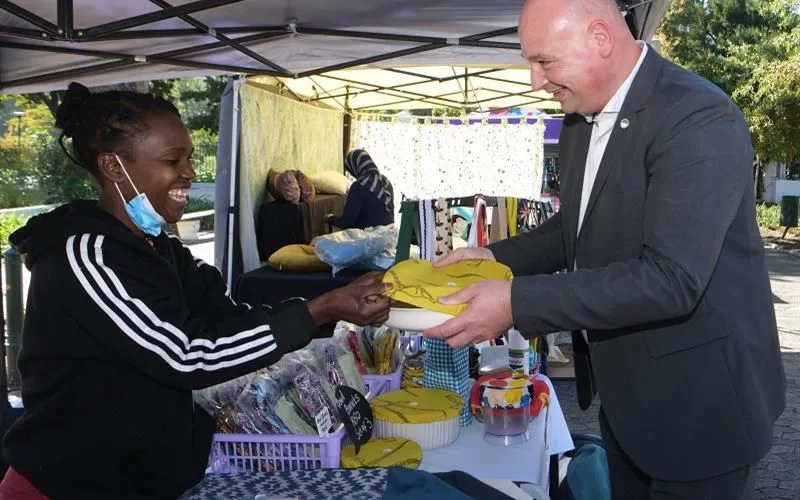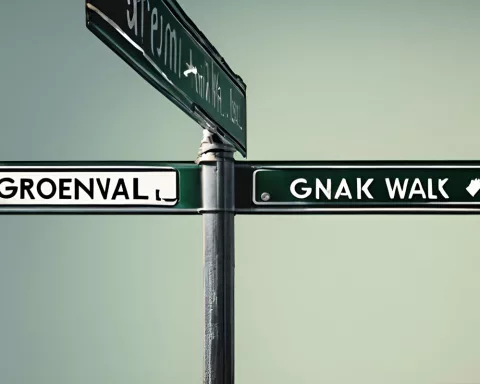University admission frauds are common in Cape Town, according to representatives from various universities. The University of the Western Cape recently found itself at the center of a false social media campaign, offering admission for a fee. The university released a statement clarifying that it would never trade admission for a fee and warned applicants to be wary of such scams. Other universities also advise applicants to gather information from official sources and report any doubtful activities to their campus protection services.
How common are university admission frauds?
Misleading advertisements promising university placement in exchange for a fee are a common menace to all universities, according to Lauren Kansley, a representative for the Cape Peninsula University of Technology. The University of the Western Cape has recently been targeted by a false social media campaign, but has strongly emphasized that it would never trade any placement for a fee. Elijah Moholola from the University of Cape Town warns students to contact Campus Protection Services to validate any doubtful activities.
In the vibrant metropolis of Cape Town, a narrative of deception and exploitation unfolded, casting a shadow over the dreams of prospective university students. An insidious swindle promising university placement in exchange for a fee has come to light, complicating an already difficult admission procedure.
The Fraudulent Scheme Unveiled
The University of the Western Cape (UWC) unexpectedly found itself at the heart of a deceptive social media campaign. An invented image made rounds on the internet, offering a new scheme aimed at applicants who have been turned down or put on hold by their desired universities. The seemingly compassionate proposition was conveyed with an air of empathy, making it more convincing.
The counterfeit post declared: “The University of the Western Cape acknowledges the disappointment that follows rejection from your preferred university. Therefore, we’re dedicated to giving chances to eligible applicants who have been rejected or are on hold. Our fresh plan is designed to assure admission to these students, given that they fulfill the necessary prerequisites…”
UWC’s Response to the False Claims
In retaliation to these fraudulent assertions, UWC released a clarifying commentary. UWC emphasized it would never trade any placement for a fee. The selection procedure is carried out meticulously through well-settled protocols and excludes any exchange of fees payable to the university, contrary to what the post suggests.
The UWC’s riposte emphasized the sincerity of their admission procedure, reminding applicants that a spot in the university can never be a certainty.
The Currents of Deception Go Beyond UWC
The misguiding promotion doesn’t restrict itself to UWC alone. As per Lauren Kansley, a representative for the Cape Peninsula University of Technology (CPUT), such misleading advertisements are a common menace to all universities. She advises, “We always urge individuals to gather information about courses with available spots from the official CPUT website and apply accordingly in a timely manner to avoid falling prey to these frauds out of desperation.”
Similarly, the University of Cape Town’s (UCT) Elijah Moholola is not a stranger to such practices. Even though he hasn’t run into such posts recently, he identifies the need for public consciousness about these scams. He warns, “UCT wants to make future students aware of scams, which have taken place previously.”
Moreover, he brings to light the sinister aspect of such fraudulent activities, which are not limited to placement guarantees but can also include other scams like counterfeit student accommodation offers. Amidst the surrounding doubts, he encourages students to contact UCT’s Campus Protection Services for validation or to report any doubtful activities.
Without a doubt, this narrative of deceitful promises and exploitation acts as a stern warning about the caution necessary while navigating the intricate procedure of university applications. Whether in Cape Town or elsewhere, the journey to higher education is laden with potential hazards and frauds. Recognizing this, universities and their representatives strive to provide genuine guidance to applicants, preserving the holiness of this pivotal life transition.
It is crucial for applicants to understand that there are no shortcuts on the pathway to higher education. It is a journey that calls for patience, endurance, and above all, an unwavering dedication to the pursuit of truth.
1. What are university admission frauds?
University admission frauds are misleading advertisements that promise university placement in exchange for a fee. These fraudulent schemes are a common menace to all universities in Cape Town and can include counterfeit student accommodation offers.
2. How common are university admission frauds in Cape Town?
University admission frauds are common in Cape Town, according to representatives from various universities. The University of the Western Cape, Cape Peninsula University of Technology, and the University of Cape Town have all warned applicants to be wary of such scams.
3. Has the University of the Western Cape been targeted by a fraudulent campaign?
Yes, the University of the Western Cape recently found itself at the center of a false social media campaign, offering admission for a fee. However, the university released a statement clarifying that it would never trade admission for a fee and warned applicants to be wary of such scams.
4. How do universities advise applicants to avoid falling prey to fraudulent schemes?
Universities advise applicants to gather information from official sources and apply accordingly in a timely manner to avoid falling prey to fraudulent schemes out of desperation. Students are also encouraged to contact their campus protection services to validate any doubtful activities.
5. What is the response of the University of Cape Town to fraudulent activities?
Elijah Moholola from the University of Cape Town warns students to contact Campus Protection Services to validate any doubtful activities. UCT also wants to make future students aware of scams, which have taken place previously.
6. What is important for applicants to remember about the university admission process?
It is crucial for applicants to understand that there are no shortcuts on the pathway to higher education. It is a journey that calls for patience, endurance, and above all, an unwavering dedication to the pursuit of truth.












